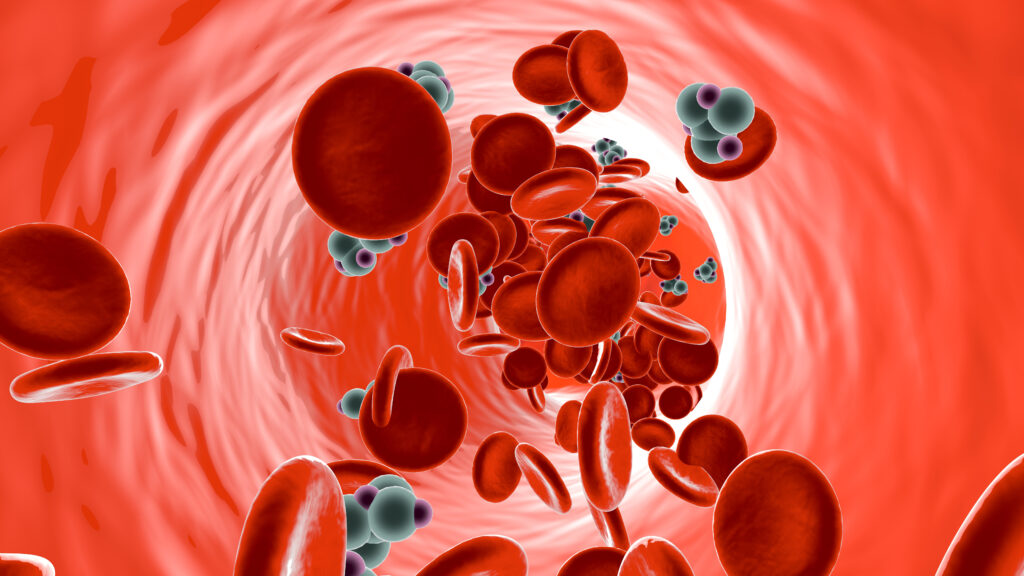Search Results
Showing Results for teplizumab

The 17th ATTD Conference (Amsterdam, 19–22 March 2025) showcased major innovations in diabetes care. The 15-day Dexcom G7 CGM proved accurate and user-friendly. The RADIANT trial showed Omnipod® 5 significantly improved glucose control over injections in type 1 diabetes. In type 2 diabetes, the 2IQP Study highlighted benefits of AID systems. Teplizumab also showed potential to enhance glycaemic stability in newly diagnosed type 1 diabetes, reinforcing the role of technology and immunotherapy in advancing diabetes management.

Established more than 25 years ago, the Immunology of Diabetes Society (IDS) is dedicated to improving our understanding of the mechanisms by which the immune system and the pancreas contribute to the development of type 1 diabetes (T1D). Every 18 months, the ...

Type 1 diabetes mellitus (T1DM) is an autoimmune disease secondary to the destruction of the insulin-producing β cells of the islets of the pancreas. Environmental factors presumably trigger the disease in genetically susceptible individuals, leading to a lifetime dependency on exogenous ...

Prof. Chantal Mathieu (Katholieke Universiteit Leuven, Belgium) provides her highlights from the ADA 83rd Scientific Sessions, 2023 including Teplizumab, an anti-CD3 monoclonal antibody, which was the first disease modifying therapy that delays the progression from stage 2 to stage 3 type 1 diabetes and ...

Deep Dutta is a Senior Endocrinologist at the CEDAR Super-specialty Clinics New Delhi in India. Following his MBBS (in 2005) and MD (in 2009), he completed his Doctorate in Endocrinology (DM) training in endocrinology and metabolism in Calcutta, India in 2012. He was ...

Type 1 diabetes (T1D) is an autoimmune disease caused by the pathogenic action of T lymphocytes on insulin-producing beta cells, which often begins 3 to 5 years before the onset of clinical symptoms.1 Despite almost 100 years of insulin treatment for the symptoms ...

Type 1 diabetes (T1D) is an autoimmune disease characterized by the dysfunction and/or destruction of the insulin-producing beta cells found in the pancreatic islets of Langerhans.1 New insights into the course of T1D have led to the realization ...

Despite the introduction of newer and faster acting insulin analogues along with advances in glucose monitoring and insulin delivery technology, the majority of patients with type 1 diabetes (T1D) fail to achieve target glycemic control. There still remains a high ...

Despite the introduction of newer and faster acting insulin analogues along with advances in glucose monitoring and insulin delivery technology, the majority of patients with type 1 diabetes (T1D) fail to achieve target glycemic control. There still remains a high ...

Type 1 diabetes mellitus (T1D), also referred to as insulin-dependent, childhood-onset, or juvenile diabetes, is an autoimmune disease that occurs when insulin-producing β cells in the pancreas are aberrantly targeted and destroyed by a person’s immune system, usually leading to ...
Latest articles videos and clinical updates - straight to your inbox
Log into your Touch Account
Earn and track your CME credits on the go, save articles for later, and follow the latest congress coverage.
Register now for FREE Access
Register for free to hear about the latest expert-led education, peer-reviewed articles, conference highlights, and innovative CME activities.
Sign up with an Email
Or use a Social Account.
This Functionality is for
Members Only
Explore the latest in medical education and stay current in your field. Create a free account to track your learning.


